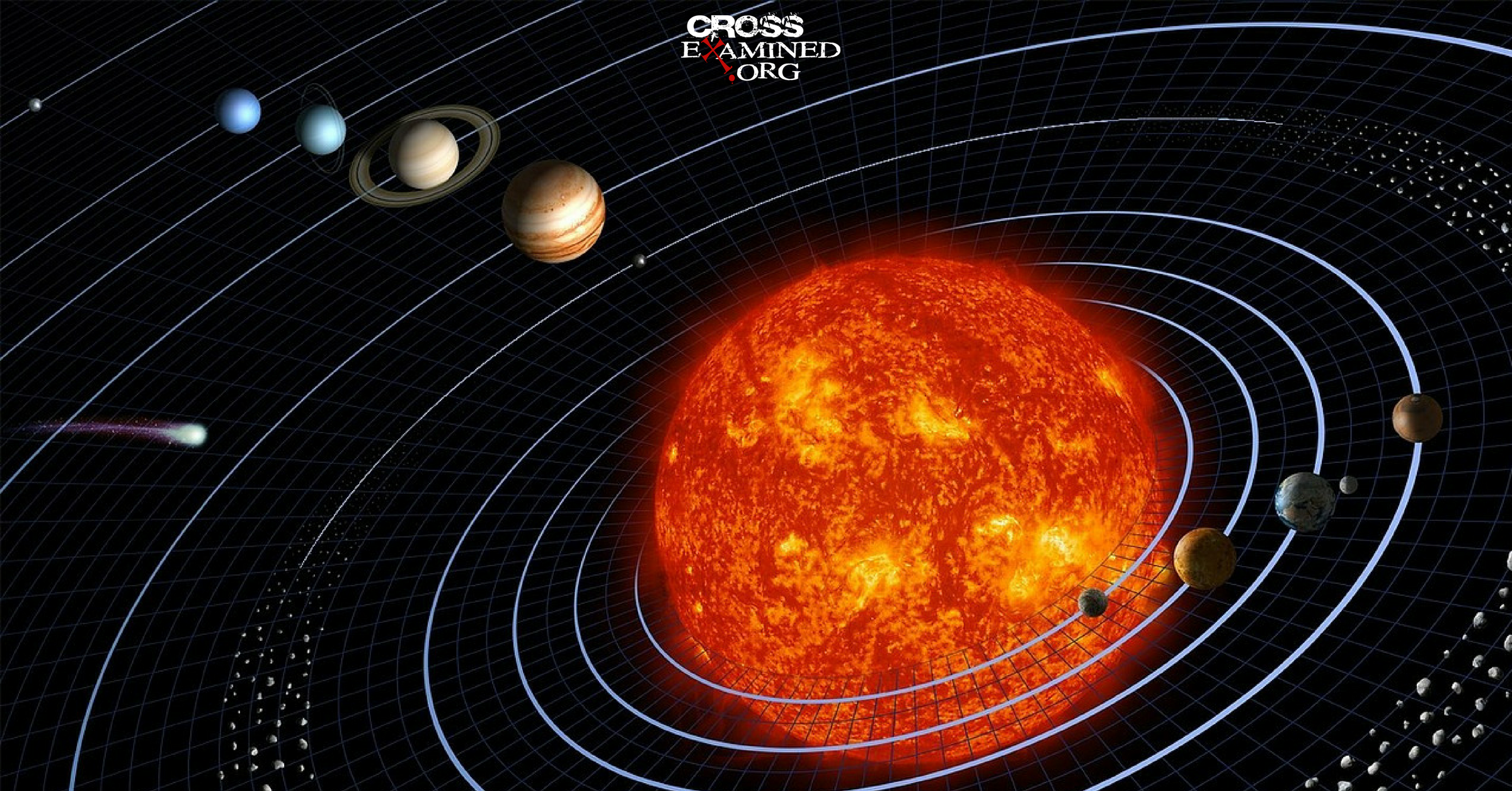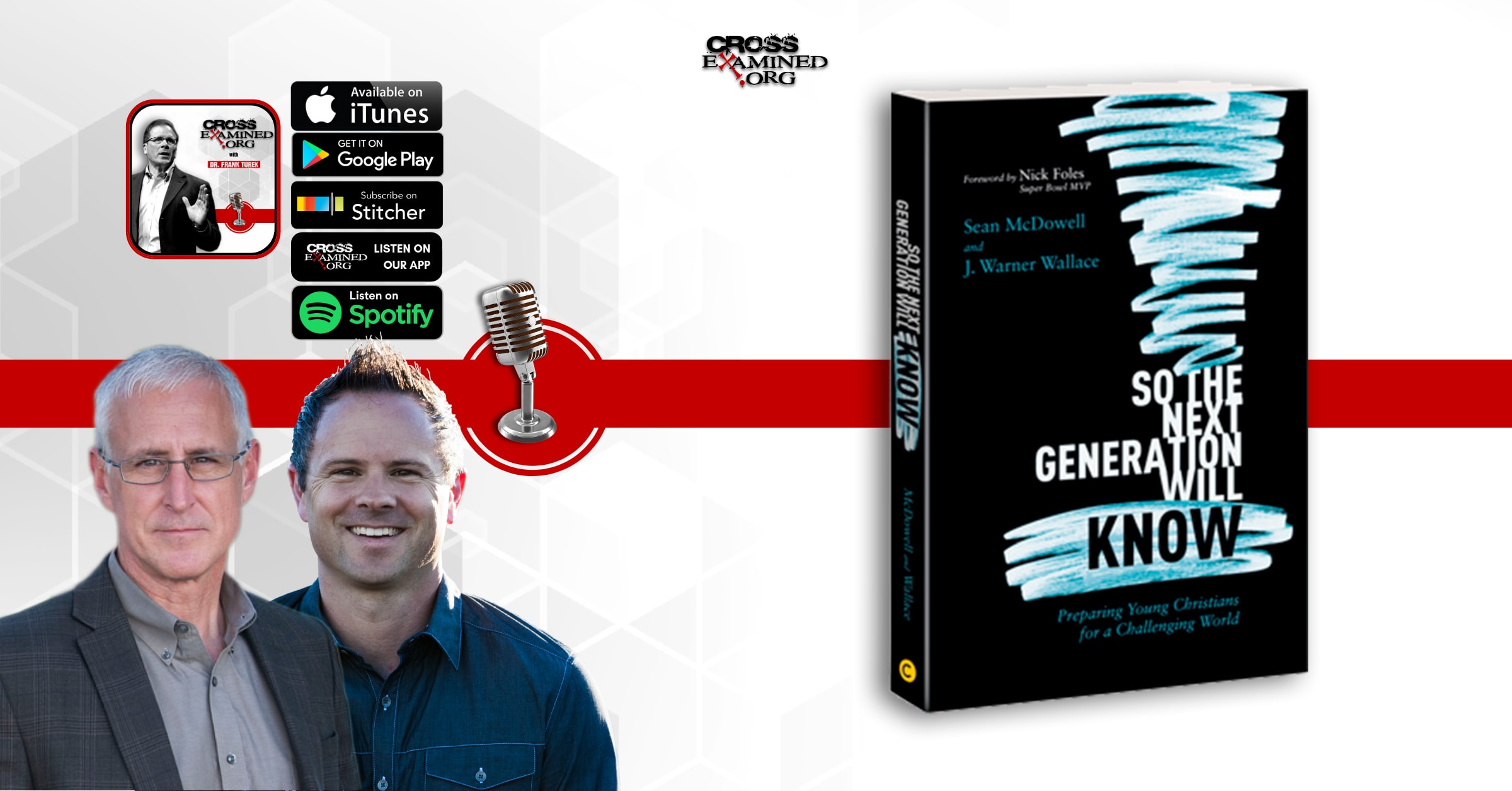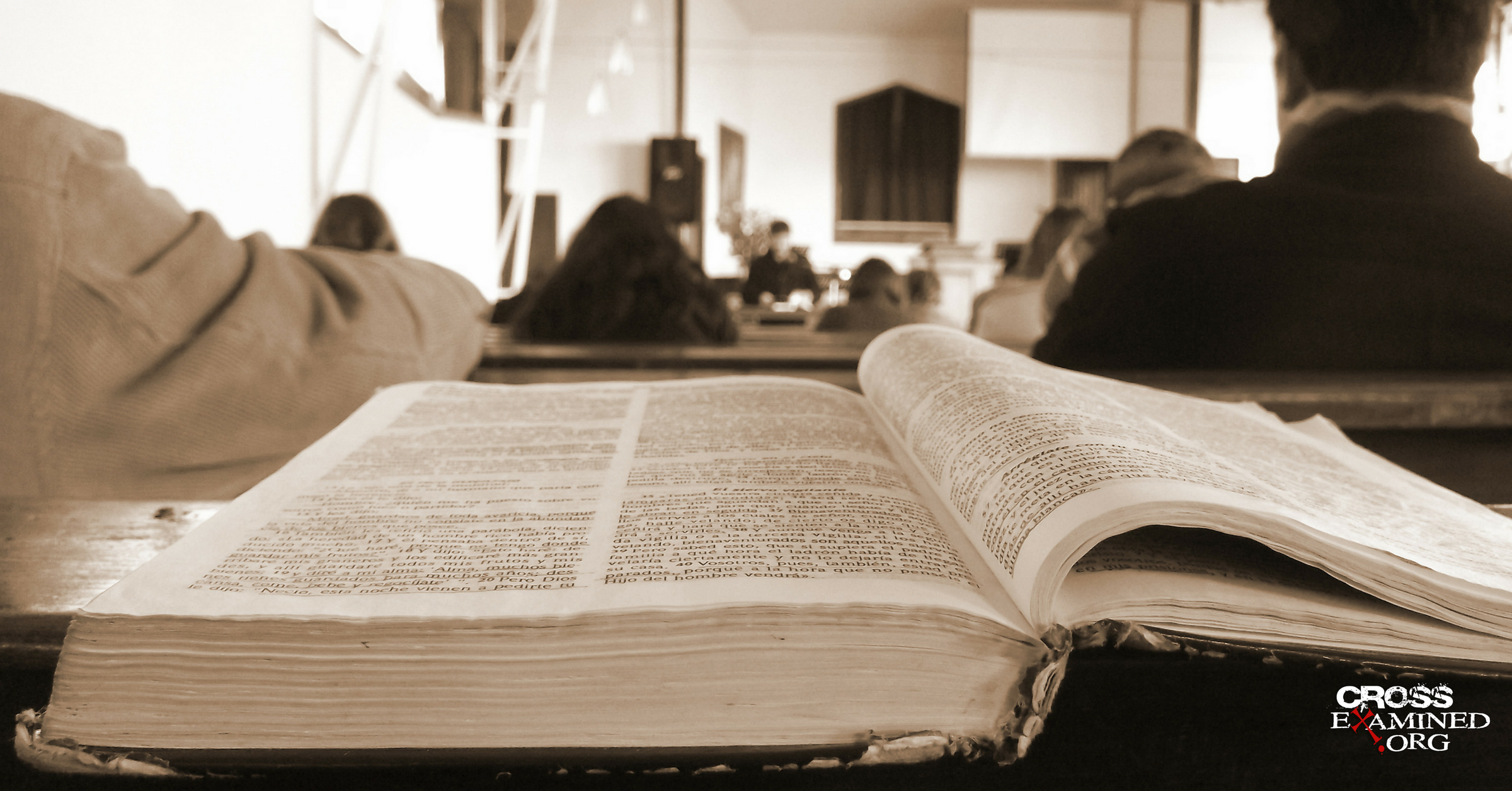Robin Collins And Atheist Peter Millican Discuss The Fine-Tuning Of The Universe For Life
You might remember Peter Millican from the debate he had with William Lane Craig. I ranked that debate as one of the 3 best I have ever seen, along with the first Craig vs. Dacey debate and the second Craig vs. Sinnott-Armstrong debate.
Details:
Science has revealed that the fundamental constants and forces of the cosmos appear to be exquisitely fine-tuned to allow a universe in which life can develop. Is God the best explanation of the incredibly improbable odds of the universe we live in being a life-permitting one?
Robin Collins is a Christian philosopher and a leading advocate of the argument for God from cosmic design. Peter Millican is an atheist philosopher at Oxford University. They debate the issues.
From ‘Unbelievable?’ on ‘Premier Christian Radio,’ Saturday 19th March 2016.
The debate:
As usual, when the atheist is an expert, there is no snark or paraphrasing in the summary.
Summary
Brierley: What is the fine-tuning argument?
Collins: the fine-tuning is the structure of the universe is extremely precisely set to allow the existing of conscious, embodied agents who are capable of moral behavior. There are 3 kinds of fine-tuning: 1) the laws of nature (mathematical formulas), 2) the constants of physics (numbers that are plugged into the equations), 3) the initial conditions of the universe. The fine-tuning exists not just because there are lots of possibilities, but there is something special about the actual state of affairs that we see. Every set of laws, parameters and initial conditions is equally improbable, but the vast majority of permutations do not permit life. The possible explanations: theism or the multiverse.
Brierley: How improbable are the numbers?
Collins: Once case is the cosmological constant (dark energy density), with is 1 part in (10 raised to a 120th power). If larger, the universe expands too rapidly for galaxies and stars to form after the Big Bang. If smaller, the universe collapses in on itself before life could form. Another case is the initial distribution of mass energy to give us the low entropy we have that is necessary for life. The fine-tuning there is 1 part in (10 raised to the 10th power raised to the 123rd power).
Brierley: What do you think of the argument?
Millican: The argument is worth taking very seriously. I am a fan of the argument. The other arguments for God’s existence such as the ontological and cosmological arguments are very weak. But the fine-tuning argument has the right structure to deliver the conclusion that theists want. And it is different from the traditional design argument tended to focus on biological nature, which is not a strong argument. But the fine-tuning argument is strong because it precedes any sort of biological evolution. Although the design is present at the beginning of the universe, it is not visible until much later. The argument points to at least deism, and possibly theism. The argument is not based on ignorance; it is rooted in “the latest results from the frontiers of science” (his phrase).
Brierley: Is this the best argument from natural theology?
Collins: The cosmological argument makes theism viable intuitively, but there are some things that are puzzling, like the concept of the necessary being. But the fine-tuning argument is decisive.
Brierley: What’s are some objections to the fine-tuning argument?
Millican: The argument is based on recent physics, so we should be cautious because we maybe we will discover a natural explanation.
Brierley: Respond to that.
Collins: The cosmological constant has been around since 1980. But the direction that physics is moving in is that there are more constants and quantities being discovered that need to be fine-tuned, not less. Even if you had a grand unified theory, that would have to be the fine-tuning pushed into it.
(BREAK)
Millican: Since we have no experience of other laws and values from other universes, we don’t know whether these values can be other than they are. Psychologically, humans are prone to seeing purpose and patterns where there is none, so maybe that’s happening here.
Brierley: Respond to that.
Collins: It is possible to determine probabilities on a single universe case, for example using multiple ways of calculating Avogadro’s number all converging on the same number makes it more probable.
Millican: Yes, I willing to accept that these constants can take on other values, (“principle of indifference”). But maybe this principle be applied if the improbability were pushed up into the theory?
Collins: Even if you had a grand theory, selecting the grand theory from others would retain the improbability.
Brierley: What about the multiverse?
Millican: What if there are many, many different universes, and we happen to be in the one that is finely-tuned, then we should not be surprised to observe fine-tuning. Maybe a multiverse theory will be discovered in the future that would allow us to have these many universes with randomized constants and quantities. “I do think that it is a little bit of a promissory note.” I don’t think physics is pointing to this right now.
Brierley: Respond to that.
Collins: I agree it’s a promissory note. This is the strongest objection to the fine-tuning argument. But there are objections to the multiverse: 1) the fine-tuning is kicked back up to the multiverse generator has to be set just right to produce universes with different constants, 2) the multiverse is more likely to produce a small universe with Boltzmann brains that pop into existence and then out again, rather than a universe that contains conscious, embodied intelligent agents. I am working on a third response now that would show that the same constants that allow complex embodied life ALSO allow the universe to be discoverable. This would negate the observer-selection effect required by the multiverse objection.
Brierley: Respond to that.
Millican: I don’t see why the multiverse generator has to be fine-tuned since we don’t know what the multiverse generator is. I’m not impressed by the Boltzmann brains but won’t discuss. We should be cautious about inferring design because maybe this is a case where we are seeing purpose and design where there is none.
Brierley: Can you negate the discoverability of the universe by saying that it might be psychological?
Collins: These things are not psychological. The selected value for the cosmic microwave background radiation is fine-tuned for life and discoverability. It’s not merely a discoverability selection effect; it’s optimal for discoverability. If baryon-photon value were much smaller, we would have known that it was not optimal. So that judgment cannot be explained by
Millican: That’s a very interesting new twist.
Brierley: Give us your best objection.
Millican: I have two. 1) Even if you admit to the fine-tuning, this doesn’t show a being who is omnipotent and omniscient. What the fine-tuning shows is that the designer is doing the best it can given the constraints from nature. If I were God, I would not have made the universe so big, and I wouldn’t have made it last 14 billion years, just to make one small area that supports life. An all-powerful God would have made the universe much smaller, and much younger. 2) The fine-tuning allows life to exist in other solar systems in other galaxies. What does this alien life elsewhere mean for traditional Christian theology? The existence of other alien civilizations argues against the truth of any one religion.
Brierley: Respond to those.
Collins: First objection: with a finite Creator, you run into the problem of having to push the design of that creature up one level, so you don’t really solve the fine-tuning problem. An unlimited being (non-material, not composed of parts) does not require fine-tuning. The fine-tuning is more compatible with theism than atheism. Second objection: I actually do think that it is likely that are other universes, and life in other galaxies and stars, and the doctrine of the Incarnation is easily adaptable to that because God can take on multiple natures to appear to different alien civilizations.
Other resources (from WK)
If you liked this discussion, be sure and check out a full-length lecture by Robin Collins on the fine-tuning, and a shorter lecture on his very latest work. And also this the Common Sense Atheism podcast, featuring cosmologist Luke Barnes, who answers about a dozen objections to the fine-tuning argument.
Original Blog Source: http://bit.ly/2kN27rF












Leave a Reply
Want to join the discussion?Feel free to contribute!